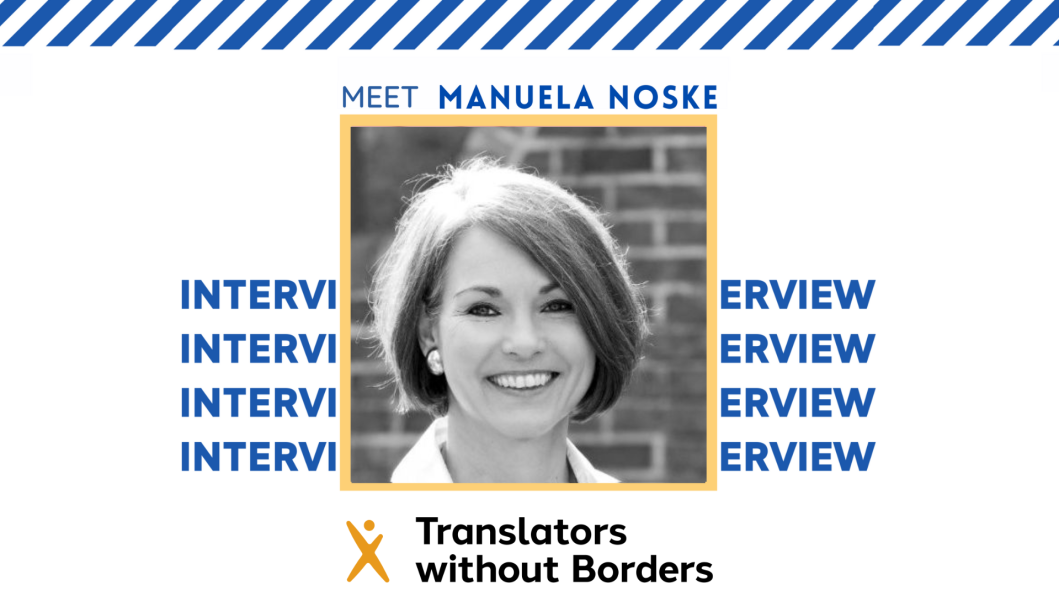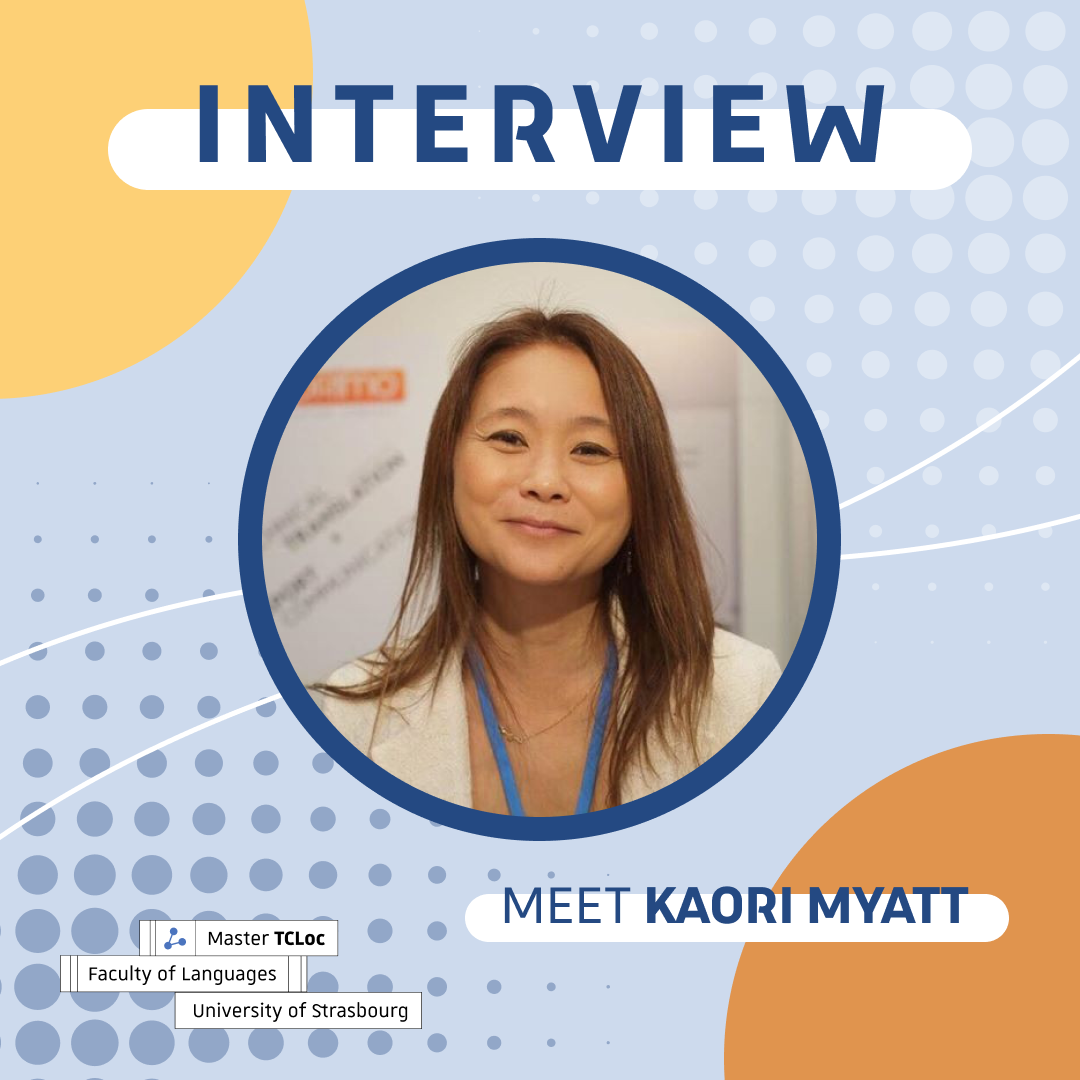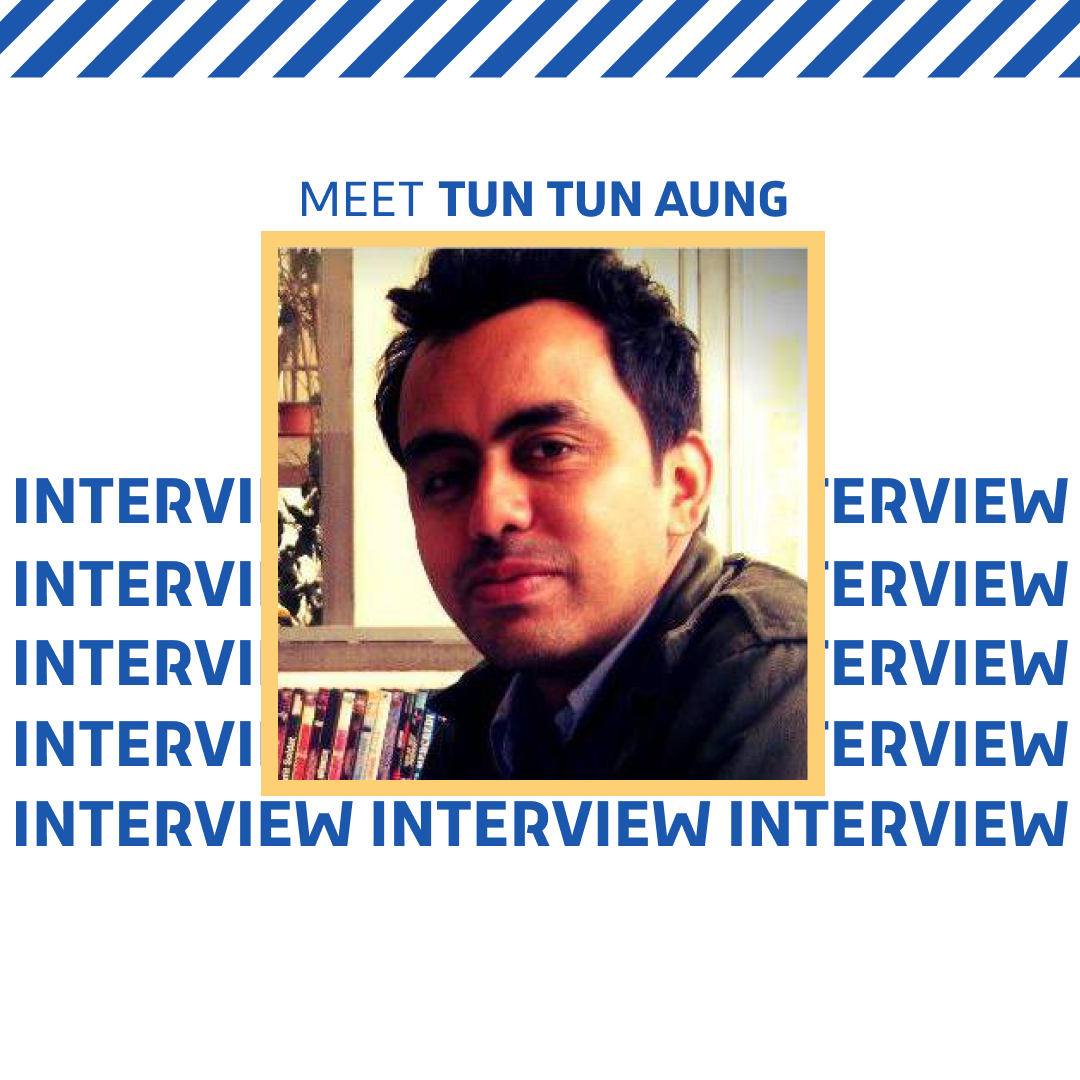This week, we met Manuela Noske, a community manager volunteering for a non-profit organization: Translators without Borders. Discover more about her career, her experience, and how it feels to work for a non-profit organization.
→ Discover our previous interview!
Working for a Non-Profit Organization: Meet Manuela Noske, Community Manager for Translators without Borders
Can you introduce yourself: who are you, what do you do today, and what is your background?
My name is Manuela Noske, I am Community Manager for Translators without Borders (TWB). I have a master’s in African Languages and a doctorate in Theoretical Linguistics.
My career got started when I joined the Natural Language Group (NLG) at Microsoft Corporation in 2000 to work on some of the proofing tools in the Office suite. I left NLG after 5 years to work for Windows International as a Project Manager where I eventually became a Program Manager, managing the internationalization and localization of the Windows operating system for emerging markets.
Combining a background in African languages with my experience as a Project Manager, I made a name for myself within the company as the “African language specialist” by managing all of the African languages. I eventually moved into a different role as a Business Manager, working closely with our suppliers on optimizing our supply chain and supplier model.
I left Microsoft 5 years ago to continue my career in the non-profit sector.
How did you come across Translators without Borders and start working with them?
I started working at Translators without Borders (TWB) a year and a half ago. I had been aware of the organization for years, learning about their work through various events and publications, and I was drawn to their mission and vision. An opportunity arose and as I felt I was well suited for the job, so I applied.
You have been working with nonprofit organizations for 16 years now and you have volunteered for 8 different organizations. What motivated you? What do you feel it has brought you?
I have always been motivated by the wish to have a positive impact on this world and contribute to greater social justice. The challenge is figuring out how you can have an impact if you are a language geek or linguist. For me, finding ways to volunteer with nonprofits that champion language revitalization and greater inclusion of populations that speak marginalized languages became an outlet; that volunteer work convinced me, in the end, to leave my job in the private sector and work in the nonprofit sector. It has brought me that rare privilege of doing a job that I feel 100% aligned with and not having to split my workdays between the things that I do for money and the things that I do to be fulfilled.
Working for a Non-profit as a Community Manager or as a Volunteer: What Does It Look Like?
Can you tell us more about Translators without Borders? What is its main mission? In which countries does it operate?
First of all, we outgrew our name. Translators without Borders is now called CLEAR Global. We’ve grown fast over the last five years, and the name Translators without Borders no longer reflects all we do—but it still exists as our largest division and the core of our operation. CLEAR Global’s mission is to help people get vital information, and be heard, whatever language they speak. Translators without Borders delivers on that mission by working with community volunteers to get humanitarian and development content translated into the languages of affected people. We are a global organization that maintains country offices in Nigeria and Bangladesh where our primary purpose is to assist in the humanitarian interventions that are underway in those countries. However, we work in all countries where there is a need for our services.
What does a community manager do exactly at TWB?
The TWB Community is central to TWB’s mission. My primary responsibility is to help the organization think through its future needs vis-a-vis the community, how the community can expand and grow to help the organization deliver on its mission. There are largely three areas that I oversee:
- Community management which is the day-to-day management of our community members,
- Community engagement which means making sure our community understands the impact of their contributions by organizing events, publishing blogs, sharing stories on social media, etc. and
- Community building which means reaching out to universities, associations, local organizations, and individuals to ensure our community stays healthy and any attrition is balanced by solid growth.
I do most of this through an amazing team of Community Officers who oversee the various aspects of this work. My primary role is to set the direction, make sure we stay on track, and deliver in all of these areas, but otherwise stay out of the way.
Do TWB translators work directly in the field?
Our volunteer translators do not typically work in the field because of the security risks. We have on occasion needed interpreters to help in the field, but those instances have been rare. However, we have staff in our country offices who work directly with affected communities offering community-based interpreter training, or doing assessments that inform the direction and strategies of humanitarian organizations.
Have you ever worked in the field yourself? If yes, how does it feel?
I am currently on a second assignment in Maiduguri, Northeast Nigeria where I coordinate the language services work with the local staff. Maiduguri is a high-risk area and there are tight restrictions on my ability to move in town. One of the benefits of being on the ground, however, is the opportunity to observe a humanitarian intervention take place and being able to meet the beneficiaries of the intervention. It makes the work we collectively do more immediate and tangible and has left me with a better sense of the impact of TWB’s efforts.
Working for a Non-profit in a World of Crisis: An Ever Increasing Necessity to Write, Translate and Localize Vital Information
What about Ukraine? How do Translators without Borders help in this kind of situation?
As an organization, we are very experienced at responding to crisis situations. In the case of Ukraine specifically, we quickly deployed a team to Poland to assess communications and information needs on the ground, and we started advocating for aid agencies and governments to listen to people in their language and ensure that they have the information they want and need. We also disseminated key information to affected communities including information on how to prevent trafficking and we translated over 100,000 words into 10 languages in the first 2 weeks of the crisis. We also support translators and interpreters with online training courses and tip sheets.
Which languages are currently in-demand? What kind of profiles do you need most?
Wherever there is a crisis there is typically a demand for linguists. At the moment, we need to urgently build more capacity for the languages in our Ukraine response, notably Ukrainian, Russian, and Romani. We also have needs for translators in the languages that are spoken in Ethiopia, especially Tigrinya and Oromo. And finally, we are always looking to grow our pool of translators for the Indic languages. We are always happy when translators with experience join our community, but we do offer training for translators who are new to this task as well.
Is TWB still looking for translators to translate things into French, German, Spanish, etc? If not: what else can someone who only has these languages do?
We encourage all translators to join our community and pick up tasks as they become available. There is typically a steady flow of translations into Spanish and French and in due time, translators will be able to pick up tasks for their language pairs. For certified translators there are always review tasks available, so anybody with proof of existing experience and a certificate will find something to do and quickly be able to have an impact.
Insights and Advice: Writing, Translating and Localizing Content for a Nonprofit
In your opinion, which qualities and qualifications should a modern translator have?
This is not an easy question. There are qualities that all individuals should have to thrive in the fast-moving world of work: critical thinking, flexibility, drive and self-leadership, curiosity and humility are among the top skills and abilities that I would name that are needed to succeed. As for qualifications, I am afraid I am not the best person to ask. We work with a lot of people with very diverse skills and our role is to make sure they become qualified.
Do you think a degree in a foreign language is enough to support humanitarian actions? How did your own studies help you with the job you are doing now?
Translation in the humanitarian sector requires specialization. To work successfully as a translator in this field you need to understand how the sector actually works, be familiar with the concepts, know how to access key glossaries, and translate to reach the audience. A secondary degree can supply that knowledge, but so can exposure and on-the-job learning which is one of the opportunities Translators without Borders provides its community of translators with. We are completely transparent about the organizations which will benefit from our translations and what the project is all about; translators who join our community can learn more about the work these organizations do through their translation work.
I have a long history of studying and working with speakers of marginalized languages and managing localization projects into some of these languages. It has helped me understand the issues (lack of standards, lack of approved terminology, etc), the challenge of enforcing standards, and has taught me empathy with people who work in these languages under often very challenging circumstances. I would say that experience is what helps me to do the job I am currently doing, more than formal studies.
Do you think training programs offered to translators should sensitize them more to humanitarian issues and fieldwork?
It would be amazing if translators were sensitized to the needs of people in crisis. We typically associate humanitarian interventions with regions in the Global South, but the crisis in Ukraine shows that a humanitarian response can become necessary in any part of the world. And the needs of Ukrainian refugees are very much like the needs of the Rohingya refugees who had to flee Myanmar: shelter, medical attention, food, and protection from trafficking, sexual exploitation, and abuse. The fact that we are currently translating the same materials into Ukrainian that we have previously translated in Hausa and Kanuri has given me pause. We should all know what humanitarianism is, how it works, and what we can do when a humanitarian crisis unfolds.
Conclusion
We are very grateful to Manuela Noske and believe that her desire to use languages for humanitarian purposes will inspire many TCLoc students.
For more information on TWB, you can follow their news on Linkedin, Facebook, Instagram, and Twitter or visit the TWB website as well as the Clear Globalwebsite.
TCLoc students and graduates build skills in localization and technical communication, among others, and develop a real expertise that can serve nonprofits such as Translators without Borders. The fields where TCLoc graduates can work are broad and diverse, so get in touch today to find out more about how you can build an impactful career!
Interview performed and edited by Céline Sellier



